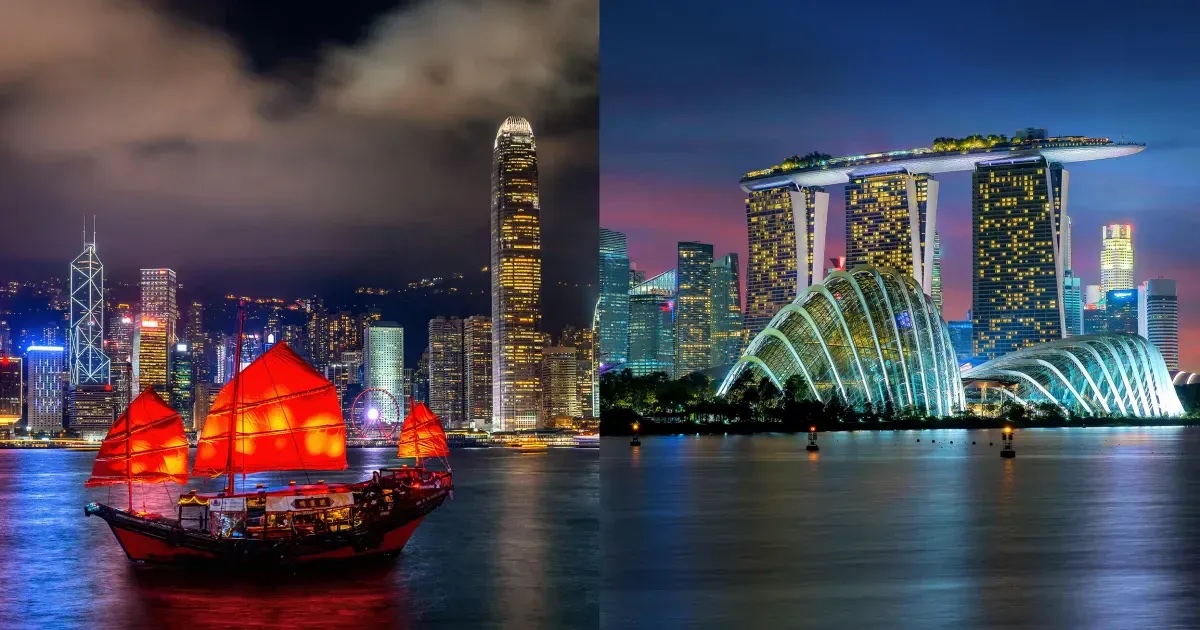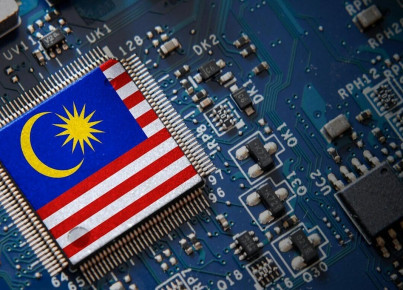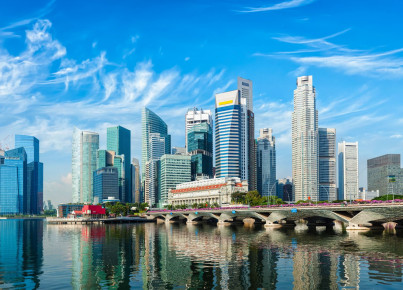The Singaporean economic model is more resilient and complicated to replicate because it is based on unique characteristics
By Francesca Leva
The competition between Hong Kong and Singapore is not just a regional phenomenon but a global one. These two cities, both international finance and trade centers, are not just rivals but also mirrors reflecting the economic prowess of the Asian and Southeast Asian region. They boast some of the best transportation systems worldwide, house the most prestigious universities, and attract tourists from all corners of the globe. In terms of business climate, both Singapore and Hong Kong offer streamlined regulations and competitive tax systems, numerous investment opportunities, and dynamic sectors, making the competition even more intense. Historically, Hong Kong and Singapore have been fierce competitors, each with its unique features. However, the outbreak of the pandemic and the subsequent measures taken by both governments have sparked a debate on whether Hong Kong's golden age is waning in favor of Singapore’s ascent.
Hong Kong is renowned for being a free-market economy driven by international trade and finance, where governmental laissez-faire and low taxation have been favorably conducive to businesses. In Hong Kong, only income earned within the city is taxable, the maximum corporate tax is 16.5%, and legal compliance is much less rigid. On the other hand, Singapore was classified as the easiest place to do business, as well as a corruption-free country. Although the corporate tax is slightly higher – 17% - Singapore can count on its robust legal framework and extremely efficient workforce. In terms of investments, Hong Kong pivots on one of the largest stock markets, and it has become, in fact, an IPO hub. Considering its close ties with China Mainland, the city has also become the largest offshore RMB hub worldwide, originating and intermediating 2/3 of China’s FDI and Outward Direct Investments. On the other hand, Singapore is famous for its generous grants, loans, and tax incentives, which attract numerous startups, angel investors, and venture capitalists.
Source: CBRE.
Source: CBRE.
Recent developments in Hong Kong have injected a new dimension into the competition, sparking a debate about the city’s life quality. First, Hong Kong is dominated by oligopolies and cartels, especially in the construction, power, and supermarket sectors, while Singapore is seen as more innovative and diversified. Moreover, the pandemic measures – which burnt most fiscal reserves - and a critical job market situation led to around 200.000 ex-pats leaving Hong Kong, while Singapore saw a 16% increase in foreign professionals. It is, however, worth mentioning that while foreign companies decreased by 5% in Hong Kong, mainland companies relocating to the island during this period increased by 18%, perhaps paving the way for a new phenomenon. As a consequence of this economic divergence, as of 2022 Singapore’s GDP was 1.7 times higher than Hong Kong’s.
Source: World Bank.
Singapore also displays some critical issues, such as the increasing use of capital punishment, an inactive civil society, as well as prohibitive housing prices. The ongoing competition between the two centers has also started to involve cultural and social life: online, it is easy to find debates about which city has the best food, which one has the best nightlife, or where the most scenic views can be found.
What is interesting from this competition, however, is not whose GPD is higher or who displays greater FDI flow figures. It is rather a matter of developmental and economic models, which then influence the way these places are subject to and react to the changing patterns of globalization. Hong Kong policies have increasingly focused on making the island a gateway to Beijing by integrating it deeper into its economy. It is worth mentioning that 77% of listed companies in Hong Kong are from China Mainland. Hong Kong has developed as a knowledge-intensive economy with a strong focus on its leading sectors: business and financial services, which make it highly dependent on capital flows. On the other hand, Singapore has invested massively in R&D, human capital, as well as industry diversification. There, MNCs play a great role in local development, attracting talent and broadening the range of opportunities: the local economy is more diversified, encompassing the manufacturing sector, financial services, as well as information, tech, and communication services. Finally, as opposed to Hong Kong, Singapore acts as a gateway to Southeast Asia – being one of the founding members of ASEAN – benefitting from lowered trade barriers and distancing itself from the China-US competition.
Source: CBRE.
Source: CBRE.
Overall, Hong Kong's focus on its competitive advantage exposes it more to global trade flows and globalization trajectories, as its features can be replicated in other places at lower costs, such as China Mainland. In contrast, the Singaporean economic model is much more resilient to replication, as it is built on unique features, domestic strengths, and stratified R&D progress, making the city more resistant to disruptive economic events.






